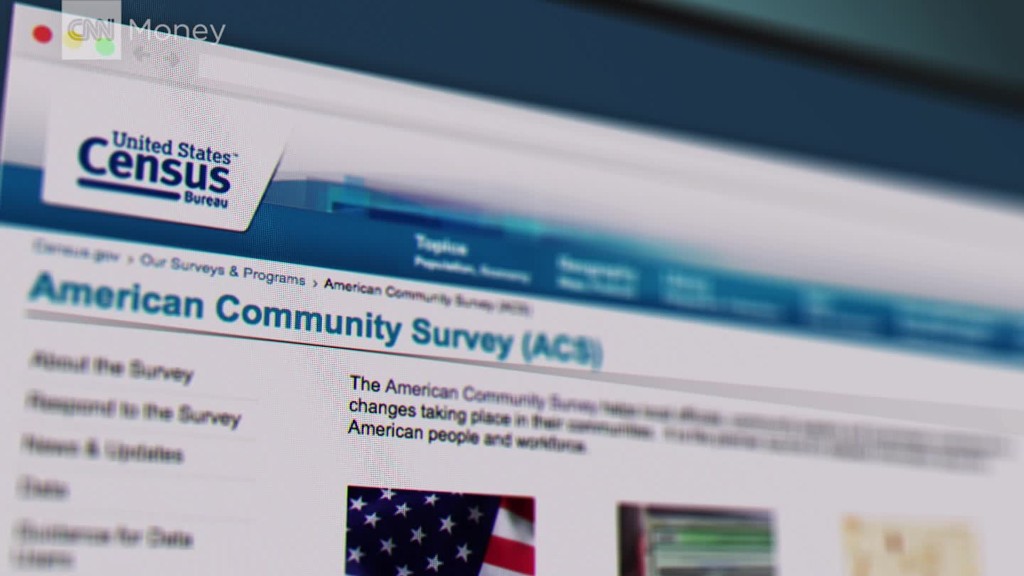
At 8:30 a.m., the Labor Department reported that the U.S. economy added a healthy 235,000 jobs in February. Just 22 minutes later, Press Secretary Sean Spicer fired off a celebratory tweet.
"Great news for American workers: economy added 235,000 new jobs, unemployment rate drops to 4.7% in first report for @POTUS Trump," Spicer posted from his official account.
Spicer's boss beat him to it. Trump had already retweeted conservative website Drudge Report: "GREAT AGAIN: +235,000." And White House Chief of Staff Reince Priebus followed with his own congratulatory tweet.
It turns out there's a federal rule -- which far predates Twitter -- that says executive branch employees are not supposed to comment on major economic reports until an hour after they are released.
"Except for members of the staff of the agency issuing the principal economic indicator ... employees of the Executive Branch shall not comment publicly on the data until at least one hour after the official release time," a 1985 directive issued by the Office of Management and Budget reads.
The OMB, in issuing the rule, highlighted the need to "preserve the distinction between the policy-neutral release of data by statistical agencies and their interpretation by policy officials."
Spicer defended the tweets at Friday's White House press briefing, noting that the jobs figures were reported online and on television right away.
"I apologize if we were a little excited, and we were so glad to see so many fellow Americans back to work," he said.
The rule, Spicer said, aims to stem market fluctuations. The White House's tweets wouldn't wind investors up.
"I don't think that's exactly a market disruption," Spicer said.
Just another day on Twitter for an administration that uses social media as one of the primary ways it communicates with the public.
"We didn't have anything like Twitter to worry about," said Glenn Hubbard, head of the U.S. Council of Economic Advisers under President George W. Bush from 2001 to 2003.


